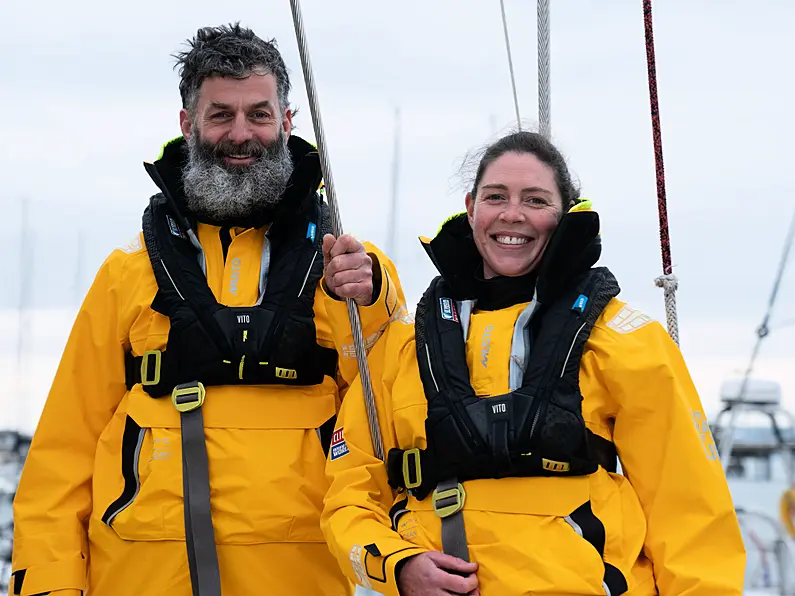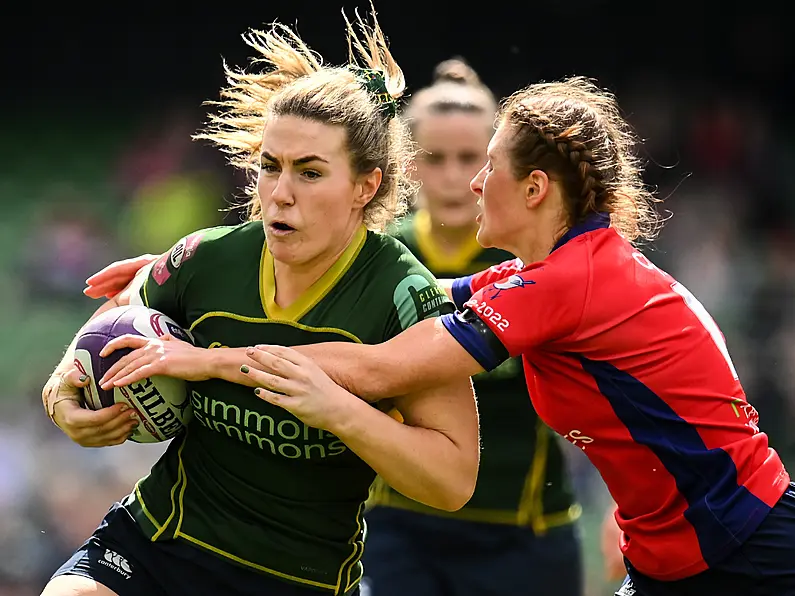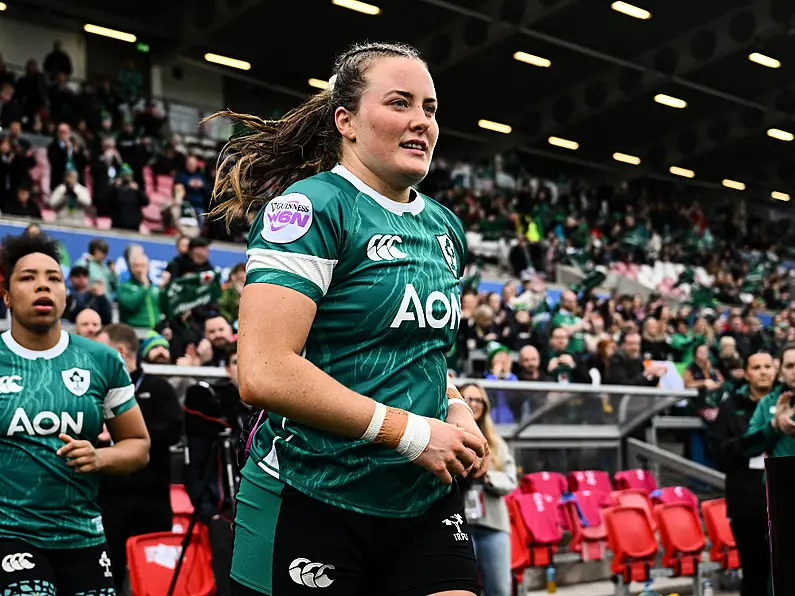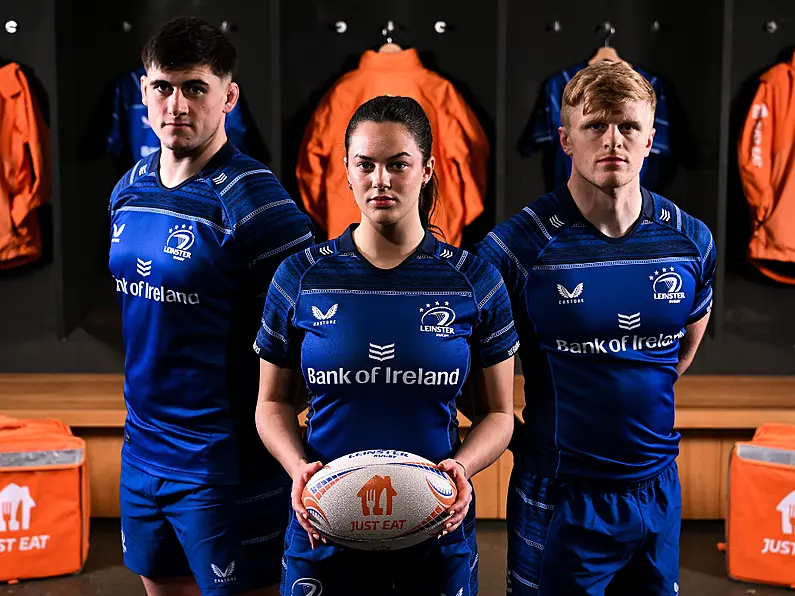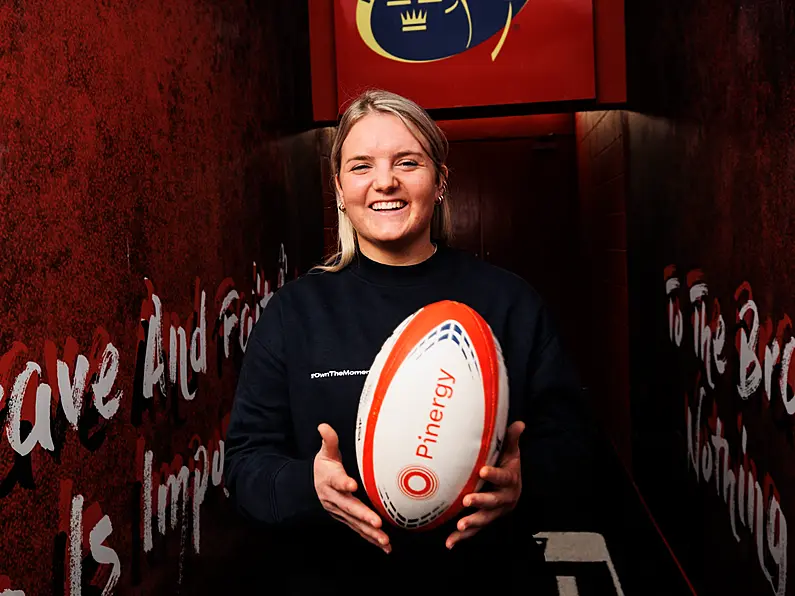World Rugby are considering banning trans women from playing women’s rugby due to considerable safety concerns that have surfaced following the latest research conducted.
Yesterday, The Guardian revealed that a 38-page draft document produced by World Rugby’s transgender working group, acknowledged that there is likely to be “at least a 20-30% greater risk” of injury when a female player is tackled by someone who has gone through male puberty.
The document details that the latest science shows that trans women retain “significant” physical advantages over biological women, even after they take medication to lower their testosterone.
The World Rugby working group noted that players who are assigned male at birth and whose puberty and development is influenced by androgens/testosterone “are stronger by 25%-50%, are 30% more powerful, 40% heavier, and about 15% faster than players who are assigned female at birth (who do not experience an androgen-influenced development).”
Crucially, those benefits are not diminished when a trans women takes testosterone-suppressing medication, as was previous thought. Accordingly, the current World Rugby status allows trans women to play women’s rugby if they lower their testosterone levels for at least 12 months in line with the International Olympic Committee’s guidelines.
Should the decision be made, it would make World Rugby the first international sports federation to go down that path.
The draft proposals are likely to be seen by women’s groups as an important new approach towards the sensitive issue of trans inclusion, one based on biological sex and the latest science rather than how someone identifies.
The working group will consider its position if the scientific evidence changes. It also recommends that trans men should be allowed to play against biological men, provided they have undergone a physical assessment and have signed a consent form.
The draft proposals, which have been sent for feedback to individual unions, are a result of a wide-ranging consultative process that began with a ground-breaking meeting in February with leading scientists, medical and legal experts as well as representatives of trans and women’s groups in an attempt to create a consensus around the latest research while also considering player welfare and inclusivity issues.


